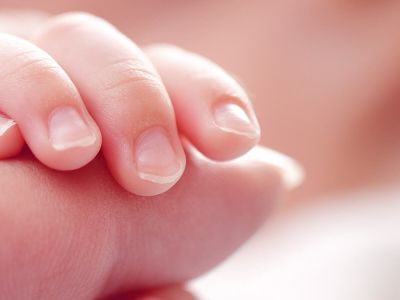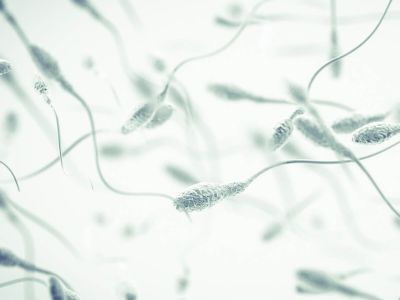By Dr. Raúl Olivares
You might be surprised by this question, but sometimes people need egg donation because no one has been concerned enough about other factors (male factor, implantation failure s…).
The main question I made to myself when I meet a couple who is seeking for egg donation is… Do I know the reason why this couple has not conceived so far? And you would be really surprise of the number of times the answer is “no”. And this could be a real problem, because if you embark the couple into an egg donation (usually after the couple has invested a lot of time and money in previous unsuccessful IVFs) only to later find out that there was something else wrong that you’ve not considered before, you’ll be facing once more the “question” I wrote about a few days ago.
Let’s imagine this situation. You have a couple that has come to see you because she’s 42 and needs egg donation. It’s not rare that this couple may have had several previous IVF with good transfers, and even embryos to freeze, only to end up in a number of negatives outcomes. If you research further, you may be told that they’ve looking for a pregnancy for 8 years. You check their medical file and it turns out that in their last 2 IVFs the follicular response was much lower, and even their last cycle had to be cancelled due to poor response. It seems obvious that there’s an ovarian factor that makes egg donation absolutely necessary. But what about their 8 years of infertility? Were the eggs the reason to explain their infertility when she was 34 years old? What about the recurrent failures despite transferring good embryos? Were also the eggs the responsible of the lack of implantation throughout years?
Obviously the eggs are, by far, the most important part of the equation. Some colleagues consider that 80% of the success depends on the quality of the eggs (so do I). But if you forget the remainder 20% (sperm and endometrium) you won’t have the expected success despite improving the quality of that 80% by using an egg donor.
I’ve got cases that after a number of IVFs the couple were recommended egg donation only because the recurrent failures and the “natural” trend towards blaming the eggs for almost everything. Some of these cases have end up as an IVF plus sperm donation instead of an egg donation using the male partner semen after a male genetic factor have been diagnosed. Some of them have been successfully treated with antibiotics and a new IVF after performing an endometrium biopsy that has shown a chronic asymptomatic endometritis.
I don’t want to mean that there’s always something extra to do or to study or to search for. I just want to mean that everything should be taken into account before recommending a treatment and that: 1) an 80% (eggs) is not a 100% (eggs, sperm, uterus), and 2) that 20% could make the difference between success and fail.
And above all, that if doctors pay enough attention to that 20% at the right time patients could save time, money and, from time to time, unnecessary egg donations.



















